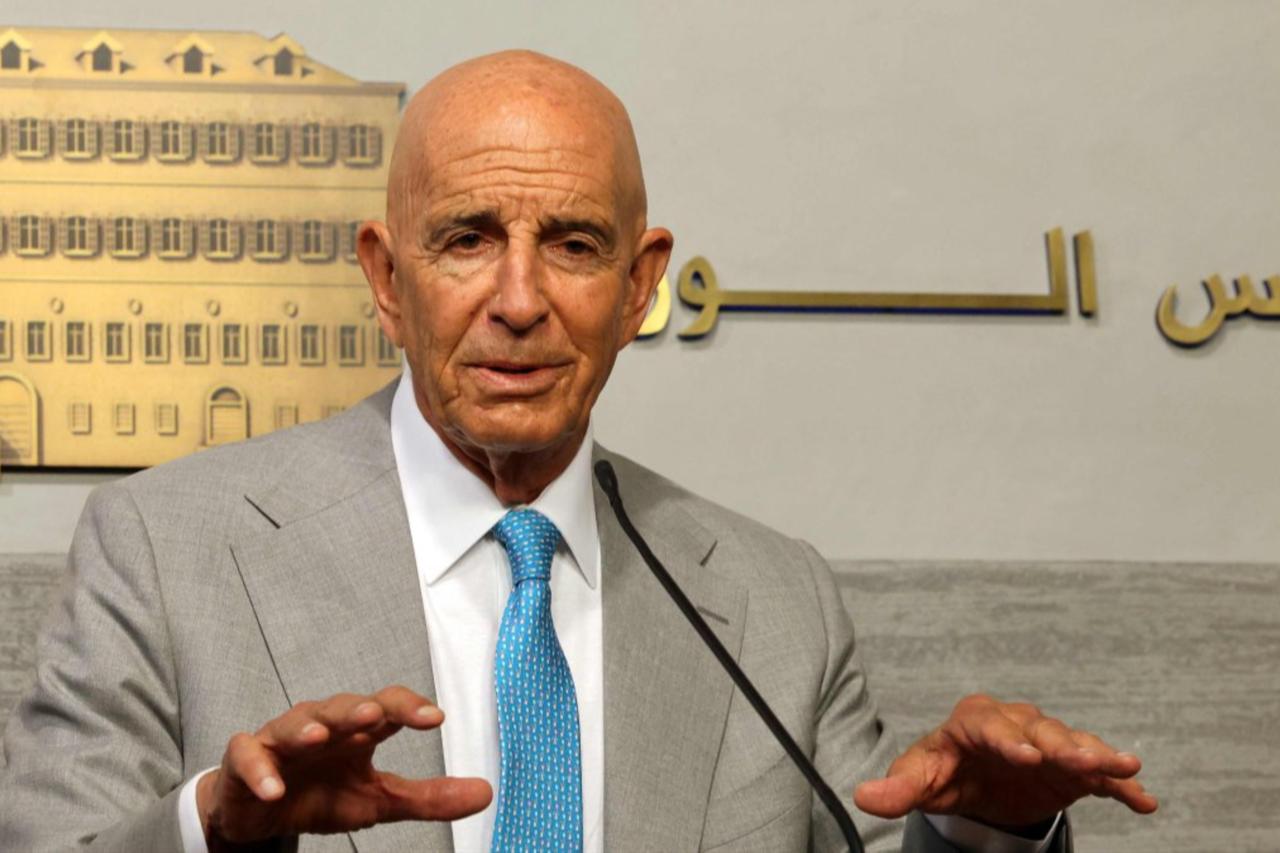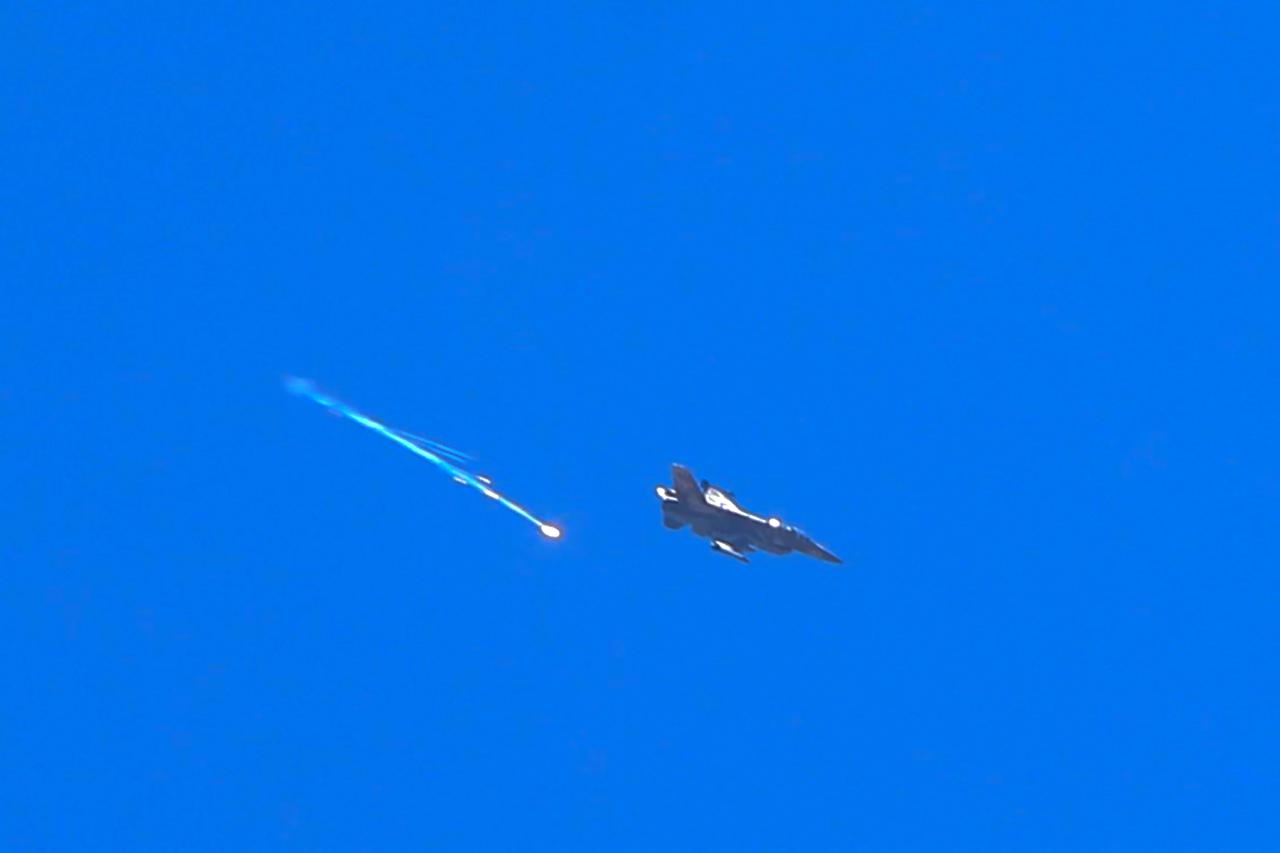
The U.S. ambassador to Türkiye and special envoy for Syria has come under mounting pressure in Washington following his blunt criticism of Israel’s role in Syria. During a stop in Beirut last week, the envoy underscored Washington’s continued support for a transitional government in Damascus while warning that Israeli airstrikes were undermining fragile stabilization efforts.
In an interview with the Associated Press, the envoy argued that Israel has long preferred a fragmented Syria over a strong, centralized state, seeing the latter as a potential threat. The comments touched on a sensitive but well-documented aspect of Israeli regional policy: that weak Arab states are easier to manage than unified ones.
His remarks, while in line with assessments long held by regional experts, have drawn fire from a powerful constellation of some mixed groups of lobbyists in Washington. These groups have stepped up lobbying efforts to oust him, portraying his position as out of step with U.S. regional interests and too accommodating to Damascus, while it’s the mere application of President Trump’s doctrine for the region.
The envoy also acknowledged Washington has no "B Plan" to engage with Syrian President Ahmad al-Sharaa's government, noting Damascus is only beginning to emerge from years of civil war and sectarian bloodletting.
Washington’s man in the Levant now faces coordinated pushback and misinterpretations as his principled vision for disarming non-state actors and strengthening regional states is put to the test.

The envoy was particularly critical of Israel’s most recent strikes in Syria, calling them poorly timed and counterproductive.
Last week, amid a weeklong bout of fighting in southern Syria between Druze groups, armed Bedouins and government forces, Israeli jets struck targets in Damascus, including near the Defense Ministry and the Presidential Palace.
Israel claimed it was acting to shield the Druze minority and prevent Sunni armed factions from taking control of the south. But the U.S. envoy pushed back, saying Washington was not consulted beforehand and that the strikes opened “a confusing new chapter” in an already volatile conflict. He went further, questioning the legitimacy of striking “a sovereign country.”
He also sought to strike a balance on the southern fighting itself, calling the cycle of killings, reprisals and massacres by both sides “unacceptable,” while praising what he described as the Syrian government’s efforts, despite limited resources, to hold together a fractured, multi-sectarian society.
The backlash in Washington has been swift. His assertion that strong Arab states pose a strategic challenge for Israel infuriated allies of the Israeli government, who have long lobbied for the opposite: a weak Damascus, boxed in by disarmed zones and unable to threaten its neighbors.
The coalition of ideological groups of interest has increased pressure on the administration to remove him from his post, arguing that his criticism of Israel and willingness to engage Damascus are at odds with U.S. regional priorities.

For all the noise, the envoy has remained consistent in his principles. His trip to Lebanon itself was part of a broader U.S. push to disarm Hezbollah and strengthen the Lebanese state, a policy line he has applied to both Lebanon, Syria and the entire region of responsibility.
Ironically, some “pro-Israeli analysts” who welcome moves to neutralize Hezbollah have not criticized the envoy’s efforts in Lebanon, even as they denounce his identical approach to Syria’s non-state actors.
That contradiction reflects the ideological filters at play when US policy bumps up against entrenched interests. The envoy’s central argument, that stronger, more accountable states are preferable to fragmented ones dominated by militias, runs counter to the regional strategies of some U.S. allies but is consistent with Washington’s stated goal of lowering its own burden in the Middle East, as President Trump has stated many times before.
What remains to be seen is whether Washington's man in the Levant strategy for a more stable and less costly Syria will be swept aside by Washington’s domestic politics.
The controversy of very same remarks hasn’t been limited to Washington. In Türkiye, where the envoy also serves as ambassador, his remarks were misinterpreted in nationalist and opposition circles as signaling U.S. support for dismantling Türkiye’s own nation-state structure.
The envoy, a descendant of a prominent Ottoman-era family from Lebanon, had cited Ottoman rule as an example of how diverse societies could be managed effectively. But this was twisted by some commentators into an attack on modern Türkiye’s sovereignty.
His observation that “strong nation-states are a threat to Israel”, intended as a critique of unilateral acts, was similarly misconstrued in some quarters as evidence of an American plan to weaken Türkiye through non-state actors’ separatism. The sensitivity of Türkiye’s own PKK disarmament debates likely fueled the misreading. But Ankara was aware of the meaning of the statements.
As the ambassador of Türkiye seems to remain steadfast in the principles he established early on, it remains to be seen whether ideology, lobbying, and misinterpretations will undermine his stability-first strategy.